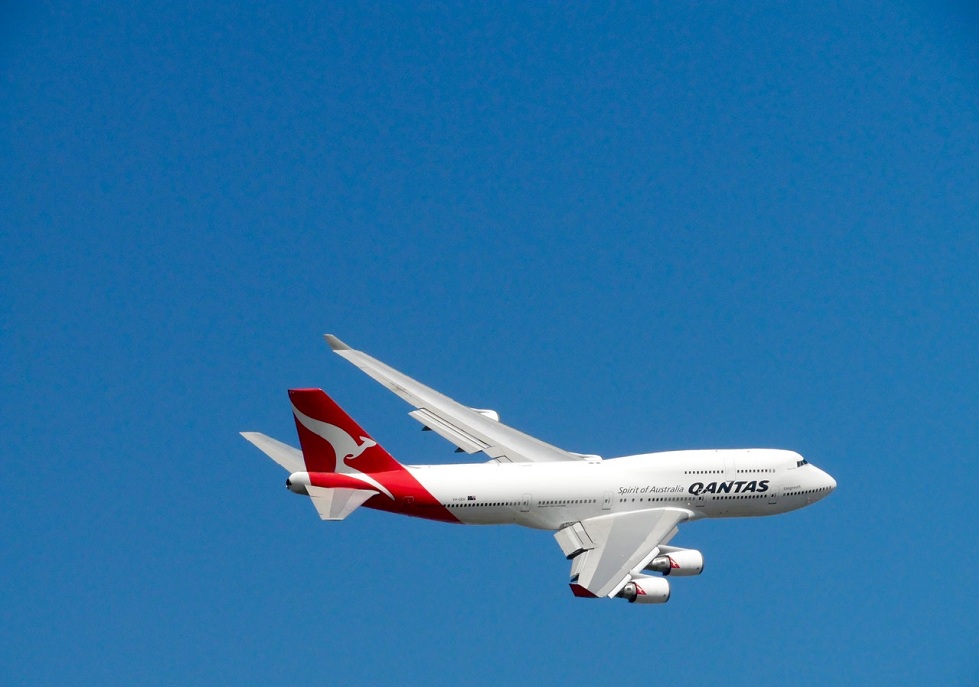Many of you are aware about Indian airlines sector is that it is in loss due to the rising expenses and loan amount of banks. These are the facts of aviation industry. Most of us don’t aware that it is going through tough phase. If things happen like this then most of the International Airlines will also face same situation later like Indian Airlines. Well Boeing is making the design and structural changes for its passenger’s aircraft.
Since it is the biggest manufacturer of Aircrafts, changes are going to affect international aviation sector deeply.
Could Aviation industry overcome from this mess?
Well, signs are not positive. This is because the trade war which is going between two economic powers U.S.A and China has became worst the situation. Only a messiah or a miracle can save Aviation industry.
Internet of things is that messiah for industry which will rescue the aviation sector.
Just like IOT did before. It rescued other sectors, whether it is healthcare and e-commerce sector etc.
The ways of impacting and helping Aviation sector by IOT.
a. IOT is helping in the modernization of Airports
Yes, just like the concept of smart cities, smart home, smart toilet, etc. the concept of Smart Airport is also flowing around across the nations.
Making the Airport smart is necessary so that another 9/11 won’t happen again. I know you will ask how 9/11 could have relation with concept of smart airport?

Well it has because the people who have made research on 9/11, they had also pointed out lack of security measures, lack of sharing the information, etc. is also the reason behind such type of attacks.
Since the Airport was not smart so the location of hijacked plane that was making their way straight to the twin tower could not been communicated on time. If it happens then the life of many people could be saved. If it was communicated then might be something could have done.
Therefore, integration of IOT system in the Airport is necessary for getting rid of elimination of all these problems.
Ultimately IOT enabled devices will upgrade the whole infrastructure of the airport. The dream of Smart Airport could be achieved.
IOT technology empowers the customers to get accessed real time information regarding flight boarding, queues, etc. through their smartphones.
The Airport staff whether it is cabin crew or ground workers everyone can able to handle their tasks better due to information gathered is covering the entire airport.
b. Integration of cloud computing
It is also the major benefit of IOT technology. Which has been provided to Aviation sector that is compatible with cloud computing. By utilizing cloud computing centralization of task of the data management can be done.
It means cloud computing provides you the platform where you gather all the data and information coming various sources at single place. Cloud computing also allows using data analytics for obtaining detailed information regarding ongoing marketing trends.
So that Airline can quickly disseminate authentic information among its customers.
By adopting cloud computing technology an Airline can enhance its consumer services and industry operations.
c. Adoption of IOT has made the task of baggage checking smart
Another major benefit IOT has provided to Aviation industry that has made the task of baggage handling simpler and easier. We don’t know about passengers of other nations but Asian passengers, especially form India, Pakistan, Nepal, Sri Lanka, etc. has serious concern regarding the baggage facility provided by the Airline service.
So, if any Airline services integrate IOT technology in their Airport then they are able to share information and essential details regarding customer’s baggage timely.
Data and information sharing network, make the task of informing, giving alerts or important messages to the consumers relatively easier.
Let’s try to know how Australian Airline utilizing IOT for their benefit
The “Qantas Australian Airline” companies utilizing VR (virtual technology) for providing their customers positive experience.
Apart from this they are using VR as medium of obtaining information and data regarding their customers. So, that they can understand their customer’s need better and satisfy their demands.
They are able to collecting this data because they integrated their VR technology with IOT network of Airport.
Conclusion
By going through above-mentioned points, we can say that yes Aviation sector has adopted IOT technology especially the foreign Airline services like ‘Qantas’ and ‘Air Asia’, etc. has adopted the IOT technology to an extent.
As far as Indian Airline services are concerned, they need to first improve their Airport infrastructure then they will able to get fully compatible with IOT technology. Besides this not most of the Airline brands has adopted IOT infrastructure to a complete extent.
Currently only the task of data sharing and management is handled by IOT based devices. Other potentials of IOT are yet to be explored by Aviation sector.
We will be back with another updates till then get in touch with us.



